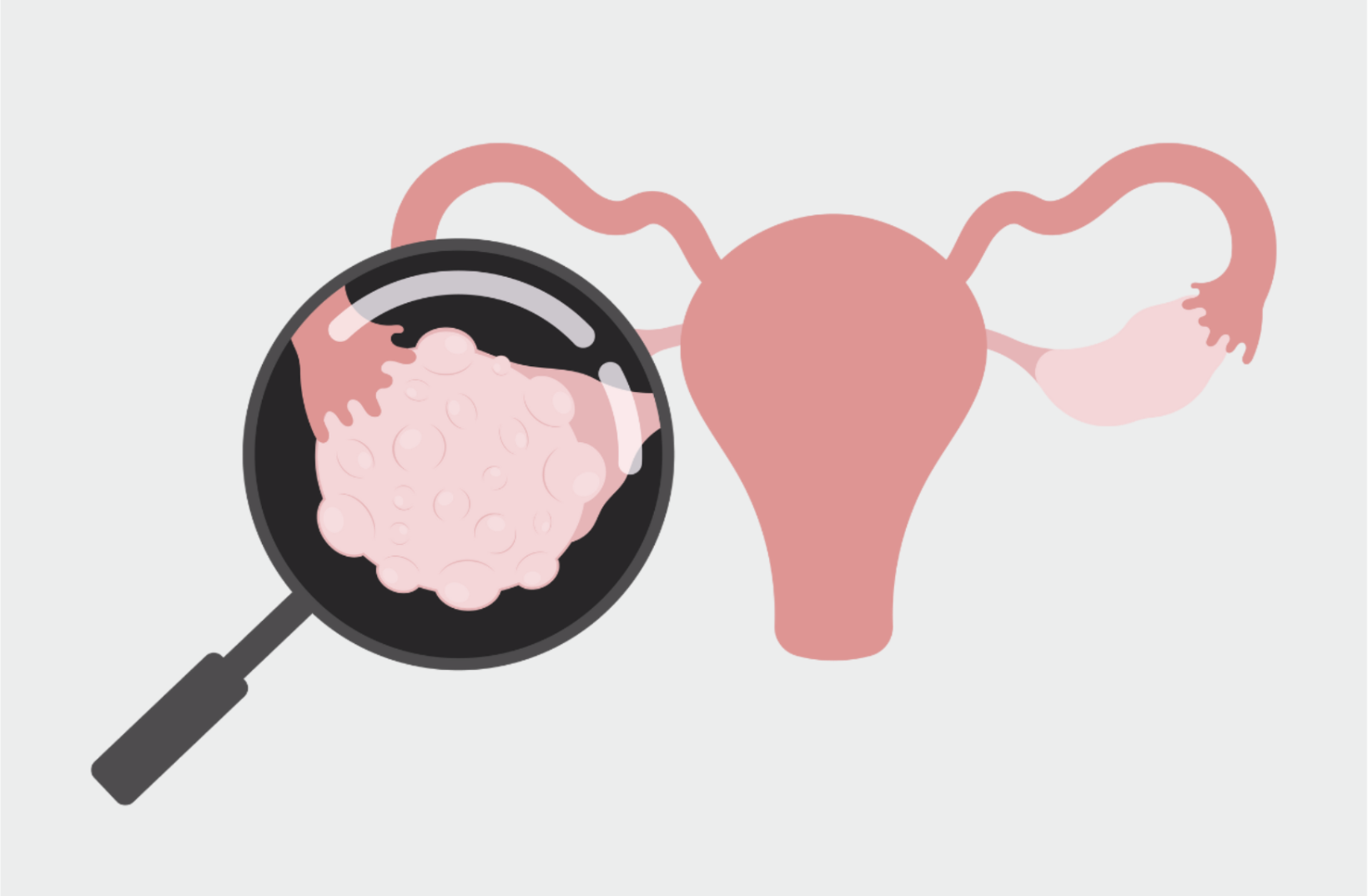.png)
.png)
In 2012, when the American Society for Reproductive Medicine (ASRM) and Society for Assisted Reproductive Technology (SART) removed the “experimental” label off of egg freezing, it began a new era of empowering women with taking control of their reproductive choices.
According to SART data, egg freezing in the United States increased by 880% between 2010 and 2016. In a recent 2021 study, a total of 231 patients with 280 cycles were reviewed. 74.2% of oocytes survived thaw/warming, and 68.8% of surviving oocytes were successfully fertilized with a live birth rate of 33.8%
Although egg freezing has high success rates it is not a guarantee or an insurance policy as some do experience loss during the thawing process. The emotional and psychological impact of potential loss during this stage can be very painful. Before embarking on egg freezing, it is important to be well informed and have realistic expectations regarding the likelihood of future use and outcomes.
Emotional responses to loss in fertility treatments
Reasons behind wanting or needing to use cryopreservation vary from a young woman who is not yet ready to start a family to someone undergoing medical treatment. The idea of being able to stop the biological clock is not only exciting but can be a relief and bring some peace of mind. But, what happens for those who return to use their cryopreserved oocytes only to come out empty-handed? This unique loss creates intense disappointment, grief, guilt, and stress.
Grieving and processing the loss
It can be incredibly painful to come to terms with this type of loss. You may feel that options have run out and that the door to parenthood has been closed. Processing this loss is difficult because it can feel invisible. This loss represents the demise of something that never was - this ‘thing’ was only something that was seen with your mind’s eye, your heart, and your soul. Because of the invisibility of this loss, you may feel that your feelings are not being recognized or acknowledged, or that you are not being validated or supported during this time.
Give yourself some breathing room. Let all the emotions come up and let them be for a bit - it is okay to feel angry, bitter, sad, hurt. These are normal reactions to this type of loss. We work so hard to avoid or push our emotions away. But how to process loss and how to grieve means to notice our emotions, name them, and allow them to come and go on their own time.
Seeking support and building a support network
Healthy ways to process emotions can include talking to loved ones and telling them what it is that you need from them. If that does not feel right then start building a support network consisting of online or local support groups composed of people going through the same things. Never underestimate the role of professional support especially by counselors specializing in fertility issues. They can help you manage emotions and give you a safe space to talk.
Self-care and coping strategies
Explore different methods of self-care that feel right for you such as engaging in hobbies or participating in creative or social activities. These can be anything from journaling, exercising, being in nature etc.
Summing it up
Egg freezing has afforded women the ability to start a family on their own terms. Science has found a hack to nature’s biological clock. But before embarking on egg freezing and thawing, set realistic expectations. Understand that there can be many different outcomes. And not all have a happy ending. Do your research, ask a lot of questions. And most importantly, be kind to yourself.





.png)




